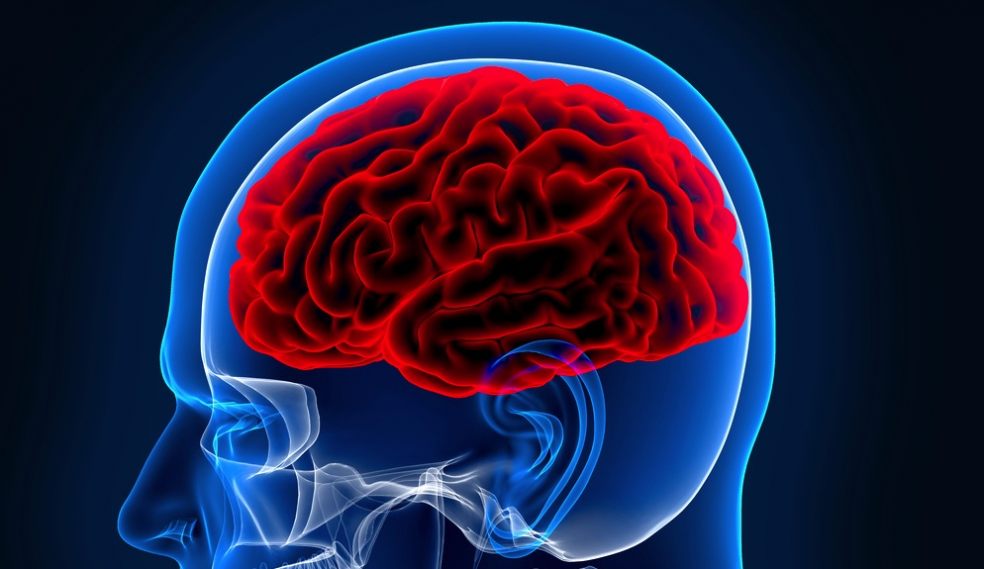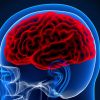
How does our brain “learn” from stressful events?
A study that aims to investigate how the brain processes stress and creates memories of psychologically stressful events will begin shortly thanks to funding of £758,000 from the Biotechnology and Biological Sciences Research Council.
Researchers from the Universities of Bristol and Exeter, led by Professor Hans Reul, aim to investigate the role molecular processes, known as “epigenetic modifications”, play in the regulation of expression of genes required to cope with stress. At present it is unclear how the healthy brain adapts to and learns from stressful events.
Professor Reul and his colleagues, who include Professor Jon Mill at the University of Exeter Medical School, have recently discovered that after stress certain epigenetic modifications occur at the DNA of nerve cells which are crucial for the expression of genes necessary for the stressed individual to adapt. Proper adaptation is important as it prepares the individual to deal better with similar challenges in the future.
Professor Reul, Professorial Research Fellow in Neuroscience at the University of Bristol's School of Clinical Sciences, said: “Obtaining this information is crucial to understand how nerve cells “learn” from stressful events. Insight into these processes and the function of the genes involved will help to develop new ways to reduce the burden of stress-related disorders in humans and animals.”
Stress affects the lives of both humans and animals in our society. Most debilitating for mental welfare and wellbeing in humans is psychological stress, for instance marital problems, job insecurity, abuse and bullying.
In farmed and companion animals, examples of psychological stress include overcrowding and long transportation. Successful coping with such stressful events involves cognitive and adaptive processes in the brain that make the individual more resilient to similarly challenging situations in the future.
Some events, however, are so traumatic that the memories of them become a tremendous burden, leading to psychosomatic and behavioural disturbances and psychiatric diseases including anxiety and depression. To help people to cope with stress in their lives, to develop directives to reduce stress and to improve wellbeing of our companion and farmed animals, the research team hope the study will give them a better insight into how the brain processes stress and creates memories of psychologically stressful events.
For further information visit http://www.exeter.ac.uk/medicine/













